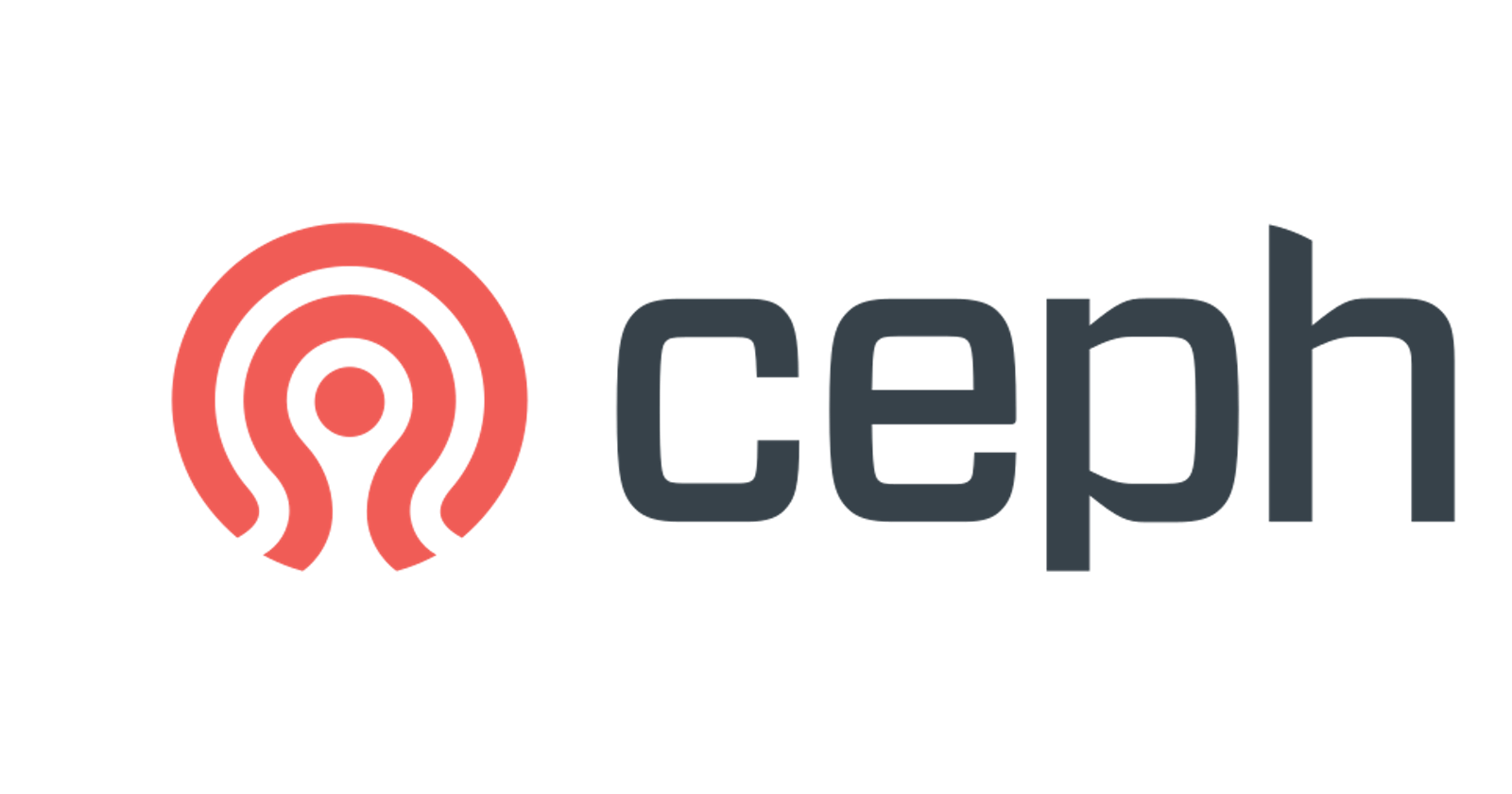A new term that I have never heard before and came across while applying Outreachy is teuthology. To understand the term, I first read the official Ceph documentation since I believe the best way to learn about any project is to read its documentation. Let's try to understand this term by first discussing the Ceph organization under which teuthology is built.
In the realm of distributed storage systems, Ceph stands tall as a reliable and scalable solution. Its ability to handle petabytes of data across a network of nodes has made it a cornerstone for many organizations seeking robust storage infrastructure. However, ensuring the stability and performance of such a complex system requires rigorous testing. This is where Teuthology, a powerful testing framework, enters the scene. In this blog post, we will delve into the world of Teuthology and discover why it is indispensable for the Ceph ecosystem.
Ceph, maintained by IBM, provides a unified, distributed storage platform capable of running on commodity hardware. With its object storage, block storage, and file system components, Ceph eliminates the need for expensive proprietary storage solutions. It leverages a reliable and scalable architecture to achieve fault tolerance and high availability, making it an ideal choice for cloud providers and enterprises alike.
As Ceph deployments grow in complexity and scale, ensuring the system's reliability and performance becomes increasingly challenging. Developers and system administrators require a comprehensive testing framework to validate changes, identify potential issues, and optimize the system's behavior. This is precisely where Teuthology comes into play.
Why Tuethology?
Flexibility and Customizability: Teuthology offers a highly flexible testing environment, allowing developers to create tailored test scenarios that closely mimic real-world usage. From unit tests to integration tests and performance tests, Teuthology enables comprehensive coverage of Ceph's functionality, ensuring stability and reliability across different deployment scenarios.
Automation: Automated testing is a cornerstone of modern software development practices, and Teuthology embraces this concept wholeheartedly. By automating the testing process, Teuthology reduces human error, increases efficiency, and enables faster turnaround times for bug fixes and new feature development.
Scalability: Ceph is known for its ability to handle large-scale deployments, and Teuthology aligns with this scalability requirement. It can spin up and manage multiple virtual machines or physical nodes, enabling testing of Ceph clusters with varying sizes and configurations. This scalability ensures that Ceph is thoroughly tested under realistic conditions, maximizing its stability and performance.
Continuous Integration (CI) and Continuous Deployment (CD): Teuthology integrates seamlessly with CI/CD pipelines, allowing for systematic and automated testing as part of the software development lifecycle. By integrating Teuthology into the CI/CD workflow, developers can ensure that changes to Ceph's codebase do not introduce regressions and that new features are thoroughly validated before being deployed.
Even after reading the documentation, I was still confused with a few things. For solving my doubts, I reached out to my mentors during weekly meets and messaged my doubts on the Slack channel. The mentors have responded positively and solved all of my doubts. There were a few times when I felt like I am wasting their time by asking such small doubts but I am very thankful that my mentors were always there for me.
I believe that there will be several people who have no knowledge about the term teuthology and my blog aims to make them understand the term more simply. From my experience till now working as an intern never hesitate to ask questions, no one will judge you rather it's the opposite to it. Asking questions shows your interest in the project, it helps you to clear your doubts.
Link to Ceph Documentation-
https://docs.ceph.com/en/quincy/start/intro/
Teuthology Documentation-
https://docs.ceph.com/projects/teuthology/en/latest/README.html

